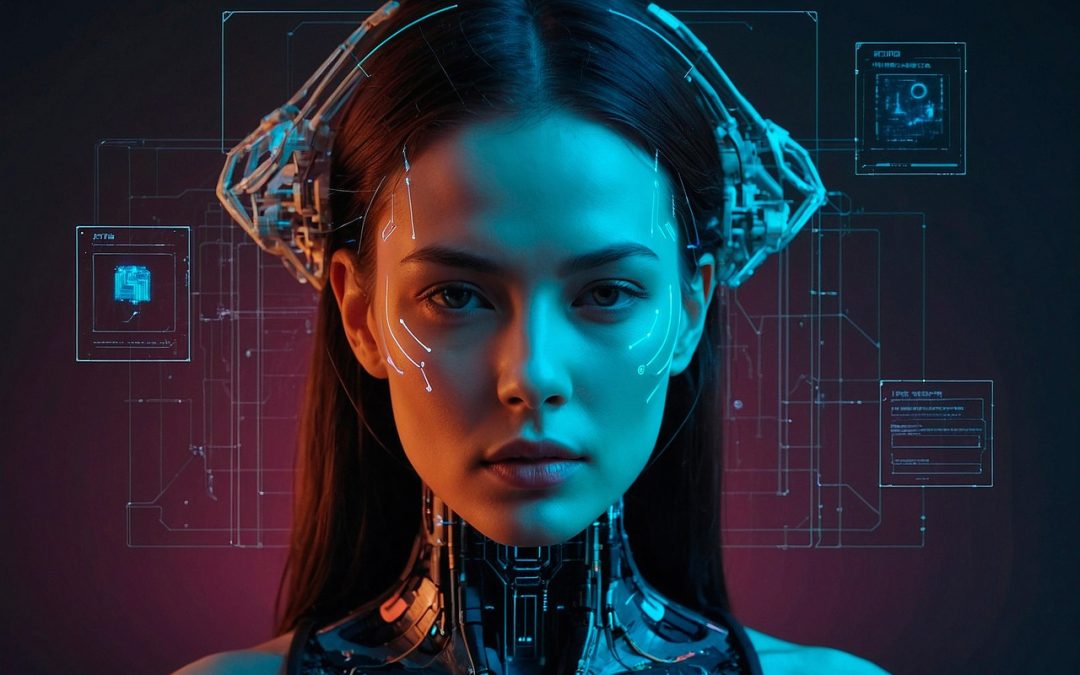Over the years, technological advancements have revolutionized various industries, and the future holds even more potential for transformative advancements. In this article, we will explore some key trends that are likely to shape the future of multiple industries.
Artificial Intelligence (AI) Integration
AI has already started making its mark in different sectors, and its integration is set to increase in the future. The ability of AI systems to analyze massive amounts of data and make accurate predictions has immense potential in industries such as healthcare, finance, and manufacturing. Machine learning algorithms can detect patterns and anomalies in large datasets, enabling businesses to make informed decisions and optimize their operations.
In the healthcare industry, AI-powered systems can assist in diagnosing diseases, predicting patient outcomes, and suggesting personalized treatment plans. Finance can benefit from AI in areas such as fraud detection, risk assessment, and algorithmic trading. Similarly, manufacturing can leverage AI to enhance production processes, optimize supply chains, and minimize downtime through predictive maintenance.
As AI integration expands, it is essential for businesses to invest in data infrastructure and ensure the ethical use of AI technologies. Collaboration between human experts and AI systems will pave the way for efficient decision-making and innovation.
Internet of Things (IoT) Revolution
The IoT refers to a network of interconnected devices that can exchange data and perform tasks without human intervention. This technology has the potential to transform industries by enabling seamless connectivity and automation. Smart homes, self-driving cars, and intelligent factories are just a few examples of how IoT is revolutionizing the way we live and work.
In the future, the IoT is expected to connect various aspects of our lives, creating a truly interconnected ecosystem. This will lead to increased efficiencies, improved resource management, and enhanced user experiences. For instance, healthcare could benefit from IoT devices that monitor patients’ vital signs and automatically alert healthcare providers in case of emergencies.
However, the widespread adoption of IoT also raises concerns regarding privacy and security. It is crucial for businesses and governments to address these challenges through robust cybersecurity measures and data protection regulations.
Renewable Energy and Sustainability
As the world grapples with climate change, the transition to renewable energy sources has become a necessity. The future holds great potential for advancements in renewable energy technologies, such as solar, wind, and hydropower. This shift towards sustainability will not only address environmental concerns but also create new economic opportunities and job markets.
In addition to renewable energy production, energy storage solutions will play a crucial role in ensuring a stable and reliable power supply. Technologies like advanced batteries and hydrogen fuel cells are likely to witness significant advancements in the future, making renewable energy sources more viable and accessible.
Furthermore, sustainable practices will extend beyond energy production. Businesses will need to adopt eco-friendly approaches throughout their operations, embracing circular economy principles and minimizing waste generation. Consumers are increasingly valuing sustainability, making it a competitive advantage for companies that prioritize environmental responsibility.
Recommendations for the Industry
- Invest in research and development: The fast-paced nature of technological advancements requires continuous research and development. Companies should allocate resources towards innovation to stay ahead of the competition and drive industry growth.
- Collaborate with tech startups: Startups are often at the forefront of disruptive technologies. Partnering with these innovative companies can bring fresh perspectives and accelerate the integration of new technologies into existing business models.
- Address ethical concerns: As AI and IoT become increasingly prevalent, ethical considerations must be given priority. Businesses should establish clear guidelines and frameworks for the responsible and ethical use of technology.
- Embrace sustainability: The future belongs to those who prioritize sustainability. Adopting eco-friendly practices and incorporating renewable energy sources into operations will not only benefit the environment but also enhance brand reputation and attract environmentally conscious consumers.
The future is full of exciting possibilities for various industries. By embracing technological advancements, focusing on sustainability, and prioritizing ethical considerations, businesses can position themselves for success in the ever-evolving landscape.
References:
- Pauker, M., & Utz, S. (2019). Artificial intelligence in healthcare: The Hope, the Hype, the Promise, the Peril. CRC Press.
- Atzori, L., Iera, A., & Morabito, G. (2017). From “Smart Objects” to “Social Objects”: The Next Evolutionary Step of the Internet of Things. IEEE Communications Magazine, 55(2), 97-105.
- Romero, D., Stahre, J., Pinto, H., & Lindahl, M. (2017). Advances in renewable energies and power technologies towards a sustainable development. Journal of Cleaner Production, 145, 1-4.
- Ghisellini, P., Cialani, C., & Ulgiati, S. (2016). A review on circular economy: the expected transition to a balanced interplay of environmental and economic systems. Journal of Cleaner Production, 114, 11-32.
